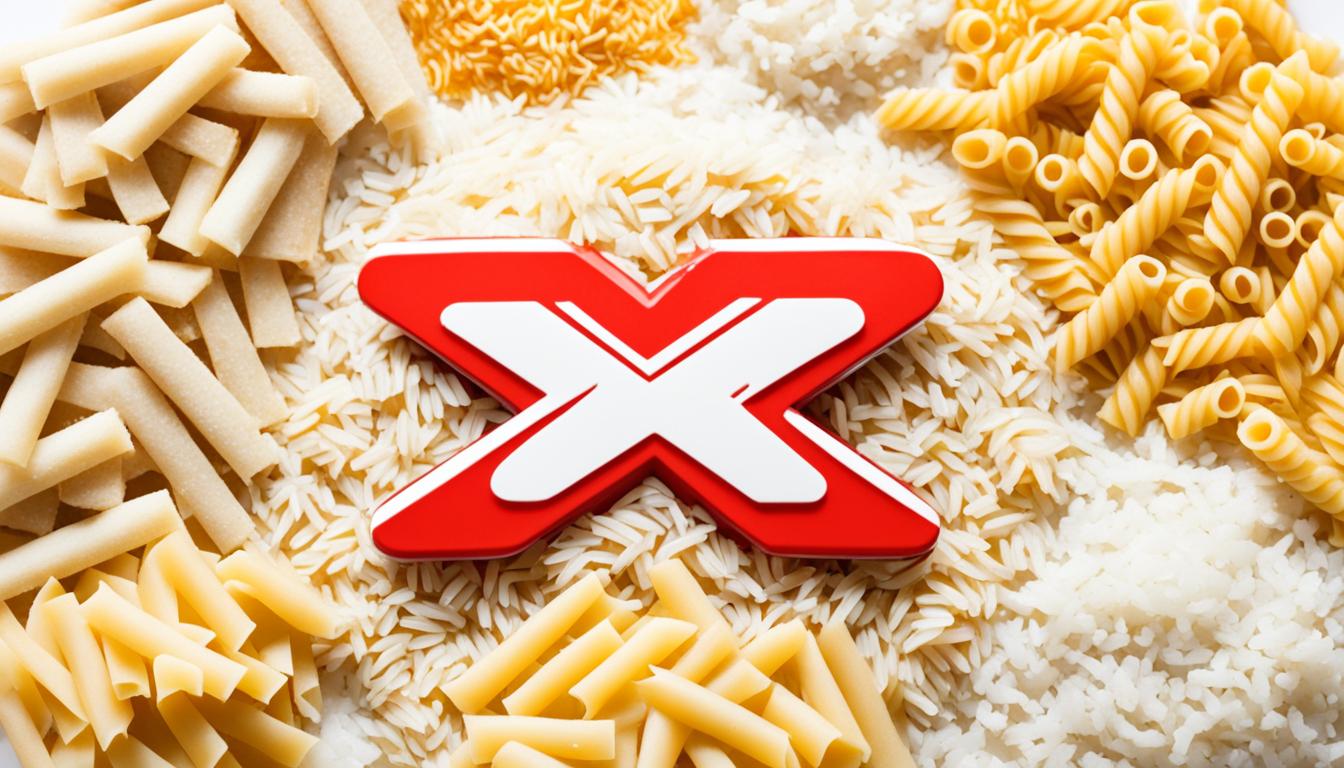Welcome to our article series where we aim to debunk common myths about nutrition. In the world of health and wellness, misinformation often circulates, making it challenging to navigate through fact and fiction when it comes to our diets. Through evidence-based explanations, we will provide you with the knowledge and insights necessary to separate nutrition myths from reality.
Myth #1: Carbohydrates are Bad for You.
One of the most pervasive myths about nutrition is the belief that carbohydrates are bad for your health. This misconception has led many people to avoid including carbohydrates in their diet, fearing they will contribute to weight gain and other health issues. However, the truth is that carbohydrates are, in fact, an essential component of a healthy and balanced diet.
Carbohydrates are the body’s primary source of energy. They provide fuel for the brain, muscles, and other organs to function optimally. By including carbohydrates in your diet, you ensure that your body has the energy it needs to perform daily activities, exercise, and maintain an active lifestyle.
Moreover, carbohydrates also play a vital role in maintaining good overall health. They provide essential vitamins, minerals, and fiber, all of which are necessary for a well-functioning body. Fiber, in particular, aids digestion, promotes satiety, and helps regulate blood sugar levels.
It’s important to note that not all carbohydrates are created equal. There are simple carbohydrates, such as those found in refined sugar and processed foods, which should be consumed in moderation. On the other hand, complex carbohydrates, like those found in whole grains, fruits, and vegetables, offer added nutritional benefits and should constitute the majority of your carbohydrate intake.
To debunk the myth about carbohydrates being bad for you, it’s crucial to understand the importance of including them in a well-balanced diet. By consuming the right types and portions of carbohydrates, you can enjoy their numerous health benefits without compromising your overall well-being.
This image reinforces the importance of understanding the truth about carbohydrates and their role in a healthy diet.
Myth #2: Fat-Free Foods Help with Weight Loss.
One prevailing myth in the world of nutrition is that consuming fat-free foods is the key to successful weight loss. However, this belief couldn’t be further from the truth. While fat-free products may seem like a healthy choice, they often come with their own set of drawbacks.
Contrary to popular belief, our bodies require some amount of dietary fat for optimal functioning. Fats play essential roles in hormone production, nutrient absorption, and providing a source of energy. Completely eliminating fats from our diet can have negative implications for our overall health.
Moreover, many fat-free or low-fat products compensate for the lack of fat by increasing the sugar or sodium content. These additives can contribute to weight gain and other health issues when consumed in excess.
To achieve sustainable weight loss, it’s important to focus on a balanced diet that includes healthy fats in moderation. Opt for foods rich in monounsaturated and polyunsaturated fats, such as avocados, nuts, seeds, and olive oil. These fats are beneficial for heart health and can help keep you feeling satisfied and full.
It’s crucial to be mindful of portion sizes and overall calorie intake when incorporating fats into your diet. Balancing the consumption of healthy fats with a variety of other nutrient-dense foods is an essential aspect of maintaining a healthy weight.
As you make informed choices about your diet, remember that fat-free foods are not a magic solution for weight loss. Instead, focus on embracing a well-rounded approach to nutrition that includes a variety of foods and allows you to find a sustainable balance for long-term health and well-being.
Myth #3: Detox Diets Cleanse the Body.
Detox diets have gained popularity in recent years, with many claiming that they can effectively cleanse the body of toxins. However, this is a common myth that needs to be debunked. The truth is, our bodies have a natural detoxification system in place that works tirelessly to eliminate toxins and waste.
The idea behind detox diets is that by restricting certain foods or consuming specific juices or supplements, you can enhance the body’s detoxification process. However, there is limited scientific evidence to support these claims. In fact, extreme detox plans that involve severe calorie restriction or fasting can be harmful to your health.
Instead of relying on detox diets, it’s important to focus on supporting your body’s natural detoxification system through a balanced and nutritious diet. Include plenty of fruits, vegetables, whole grains, and lean proteins in your meals. Stay hydrated by drinking an adequate amount of water each day. And don’t forget to engage in regular physical activity to support overall health and wellness.
Remember, the key to a healthy body is not a quick-fix detox diet, but rather a sustainable approach to nutrition and lifestyle choices. By nourishing your body with wholesome foods and engaging in healthy habits, you can naturally support the body’s detoxification process and maintain optimal health.






